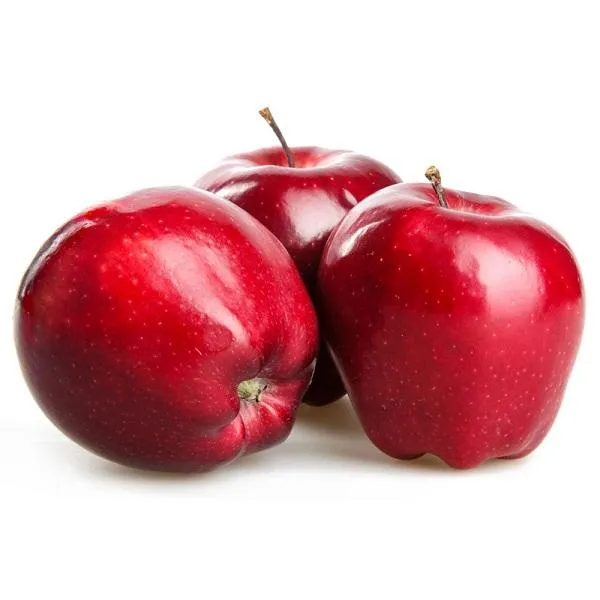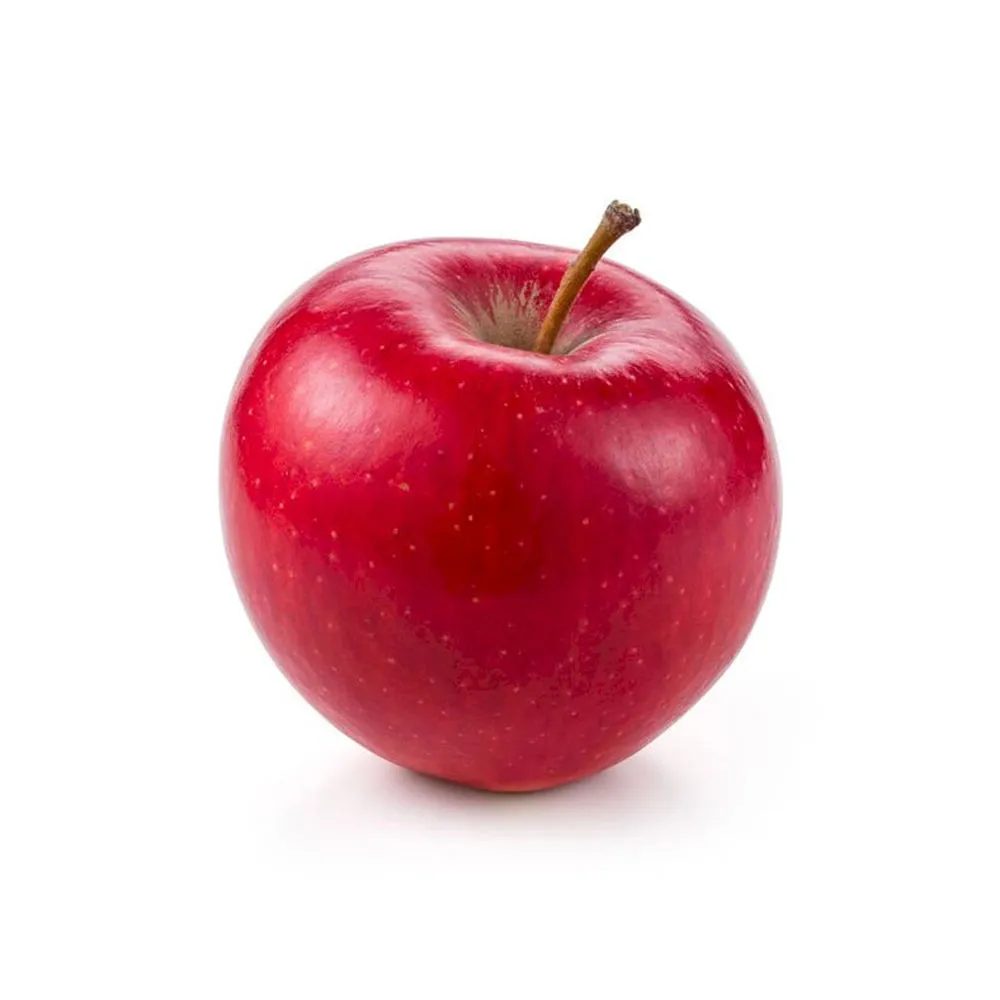Tangerines, also known as Citrus reticulata, are a popular fruit enjoyed by people all over the world. In Tamil, tangerines are commonly referred to as “Kamala orange” or “Santre.” They are classified as a citrus fruit and are closely related to oranges, mandarins, and clementines. Tangerines are not only delicious but also packed with essential nutrients that offer numerous health benefits. In this article, we will delve into the characteristics, health benefits, and culinary uses of tangerine fruit in Tamil.
Characteristics
Tangerines are a bright orange fruit that is typically small and spherical in shape. They are known for their easy-to-peel skin, which separates effortlessly from the juicy segments inside. The fruit is typically seedless or contains very few seeds, making it convenient to consume. The flesh of a tangerine is succulent, aromatic, and bursting with flavor. Tangerines are typically harvested during the winter months, making them a refreshing treat during the cooler Tamil weather.
Health Benefits

Tangerines offer a wealth of health benefits, thanks to their rich nutrient content. They are an excellent source of vitamins A, C, and E, as well as dietary fiber. Vitamin C is particularly abundant in tangerines, providing a powerful antioxidant boost that can support the immune system and ward off infections. The high vitamin A content in tangerines promotes healthy vision and skin, while vitamin E contributes to skin health and protects against cell damage.
Aside from vitamins, tangerines also contain essential minerals like potassium and magnesium, which help maintain proper heart health and regulate blood pressure. The dietary fiber found in tangerines aids digestive health and ensures regular bowel movements. Moreover, tangerines are low in calories and fat, making them an ideal snack for weight-conscious individuals.
Culinary Uses
Tangerines are not only a tasty snack but also a versatile fruit that can be used in various culinary creations. In Tamil cuisine, tangerines are primarily enjoyed in their raw form, with the segments being consumed as a refreshing and tangy snack. The juice of the tangerine is often used in drinks and as a base for refreshing sherbets. The zest of tangerines can also add a burst of citrus flavor to dishes like salads, desserts, and curries.

Tangerines can be used in Tamil sweets and desserts too. The naturally sweet and tangy flavor of tangerines complements traditional desserts like payasam (a sweet milk pudding), halwa (a semolina-based sweet dish), and kesari (a sweet made with semolina and flavored with saffron). Tangerines can also be incorporated into jams, marmalades, and preserves, adding a delightful twist to these condiments.
Enjoying Tangerines in Tamil Nadu
Tamil Nadu, known for its rich agricultural heritage, is home to several regions that cultivate tangerines. The state’s warm and subtropical climate provides an ideal environment for tangerine trees to thrive. The Nilgiris, Coimbatore, and Dindigul districts are particularly renowned for producing high-quality tangerines.
During the harvest season, tangerines can be found in local markets and street stalls across Tamil Nadu. The fruit is often sold in bulk or individually, offering residents and tourists alike the opportunity to enjoy this delicious fruit. Tangerines can be incorporated into everyday meals, desserts, or enjoyed on their own as a quick and nutritious snack.

Tangerines, known as “Kamala orange” or “Santre” in Tamil, are a delightful fruit with a vibrant flavor profile and numerous health benefits. Packed with vitamins, minerals, and dietary fiber, tangerines are an excellent addition to a healthy diet. Whether consumed raw or used in a variety of Tamil dishes, tangerines bring a burst of sweetness and tanginess that is sure to satisfy taste buds. So, the next time you come across a tangerine, give it a try and experience the unique flavors this citrus fruit has to offer.With their abundant health benefits, culinary versatility, and availability in Tamil Nadu, tangerines make for a perfect addition to your daily diet. The vibrant color, juicy flesh, and refreshing taste of this fruit are sure to delight your senses.
In addition to being enjoyed on their own, tangerines can be incorporated into various recipes to enhance their flavor and nutritional value. For a simple yet nutritious salad, combine tangerine segments with fresh greens, nuts, and a light dressing. The sweetness of the tangerines pairs well with the bitterness of greens, creating a harmonious balance.
Tangerine juice can also be used as a marinade for meats and seafood. The natural acidity of the juice helps tenderize the proteins while infusing them with a tangy and citrusy flavor. Grilled tangerine-glazed chicken or shrimp is a popular option that adds a refreshing twist to your meals.
Furthermore, tangerines can be used to make delightful desserts that will leave a lasting impression on your taste buds. Tangerine-infused cheesecake, tarts, or sorbets are just a few examples of how this fruit can elevate your sweet treats with its unique taste. The zest and juice of tangerines can also be added to cakes, muffins, and cookies, adding a burst of flavor and moisture.

Beyond their culinary uses, tangerines also hold cultural significance in Tamil Nadu. In Hindu tradition, tangerines are often offered during religious ceremonies and festivals as a symbol of good luck and prosperity. During Tamil New Year, known as Puthandu, families place tangerines alongside other auspicious items on a tray as part of the celebrations.
In conclusion, tangerines, known as “Kamala orange” or “Santre” in Tamil, are a delicious and nutritious fruit that possesses numerous health benefits. With their vibrant color, juicy flesh, and a perfect balance of sweet and tangy flavors, tangerines are a delightful addition to any meal or recipe. Whether eaten fresh, juiced, zested, or incorporated into various dishes, they offer a burst of taste and essential nutrients. So, the next time you come across tangerines in Tamil Nadu, be sure to embrace their versatility and enjoy the many benefits they bring to your table.










